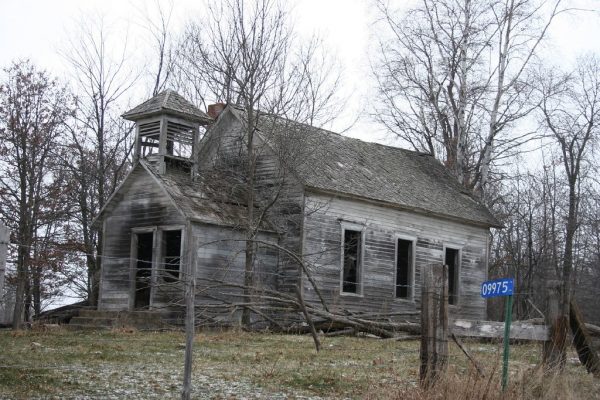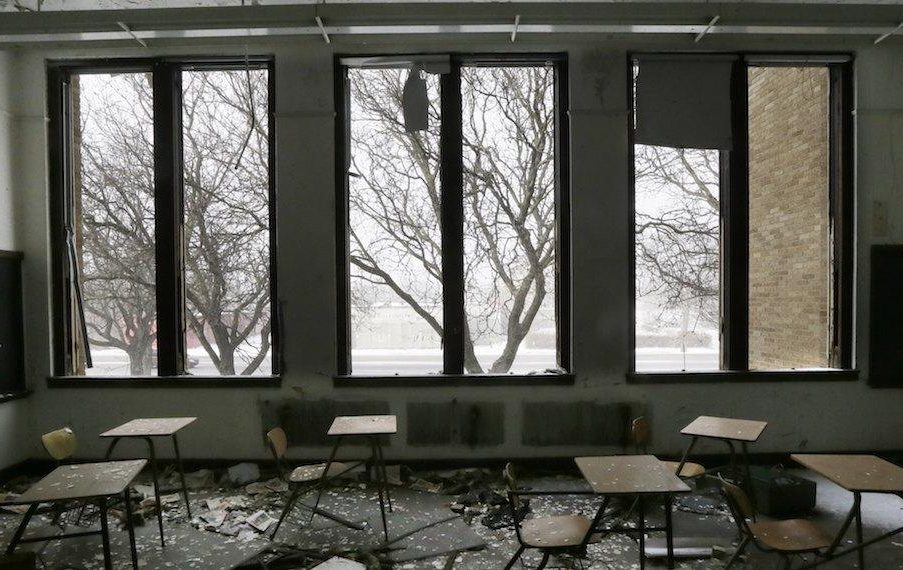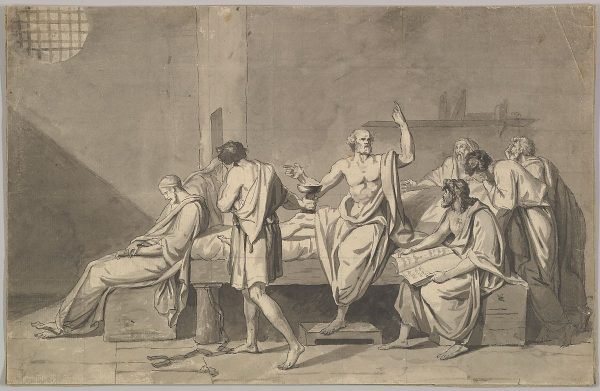Education is in for an overhaul. It won't all be good.
American Education

What is to be done?
The American educational system is destroying the American way of life that President Trump has vowed to preserve. In his Mount Rushmore speech, he warned that “Our nation is witnessing a merciless campaign to wipe out our history, defame our heroes, erase our values, and indoctrinate our children.” The President promised to “expose this dangerous movement, protect our nation’s children, end this radical assault, and preserve our beloved American way of life.” He tweeted recently that “Too many Universities and School Systems are about Radical Left Indoctrination, not Education.”
This week, Frederick M. Hess identifies four potential remedies to the “indoctrination” problem. Stanley Kurtz lays down an actionable blueprint for conservatives to follow if they want to get serious about taking back the academy. And Max Eden explains what to expect now that wokeness has come for our charter schools.
The ravages of COVID-19 have been particularly punishing for American education. Seemingly interminable school closures, cuts in revenue and enrollment, and the dissatisfactions of remote learning have sent our already shambolic school system into still further disarray.
There is something to be said at this point for almost any opportunity—no matter how dreadful in other respects—to reform our decadent education system from root to branch. But America’s frantic and often tyrannical response to the novel coronavirus is likely to do as much harm as good. In an effort to get ahead of the catastrophe and encourage positive reforms, we have invited authors with experience and expertise in education to reflect on what is likely to come, and what can be done about it.
Inez Feltscher Stepman sees opportunities to hand more power back to parents and return public education to its original civic purpose. But she also acknowledges that the new landscape is fraught with danger: “Conservatives,” she warns, “should be prepared…to protect the nature of private schools themselves.” Cassian Stylus is no less concerned, but somewhat more hopeful that the virus will force parents to confront all that is wrong with our ailing system: “Covid-19 will finally reveal to the majority of Americans that our entire educational system is a vicious scandal.”
What will come in its place? Daniel Buck reminds us that for any new educational venture to succeed, we will have to return to an ancient way of learning—to a view of education as soulcraft, and a focus not on heartless mechanical competency but on aspiration toward the beautiful and the good. Nathaniel Fischer offers a way for colleges and universities to begin (or in some cases continue) making that shift, while Zachary Rogers re-emphasizes the necessity of putting parents in control to steer their kids away from dying and deadly models.
We offer these reflections as both a still-frame of our developing moment, and a call to action for all parents and students. America’s current educational offerings—exorbitant Zoom courses in increasingly meaningless or politicized subjects—have failed. How can we ensure the success of what comes next?
The American Mind presents a range of perspectives. Views are writers’ own and do not necessarily represent those of The Claremont Institute.
The American Mind is a publication of the Claremont Institute, a non-profit 501(c)(3) organization, dedicated to restoring the principles of the American Founding to their rightful, preeminent authority in our national life. Interested in supporting our work? Gifts to the Claremont Institute are tax-deductible.
And that’s a good thing.
We must re-train our students in the art of seeing the highest and best.
A Warning to Calvin University.
Making education domestic again.
Teaching the test has made our country lose its way.






